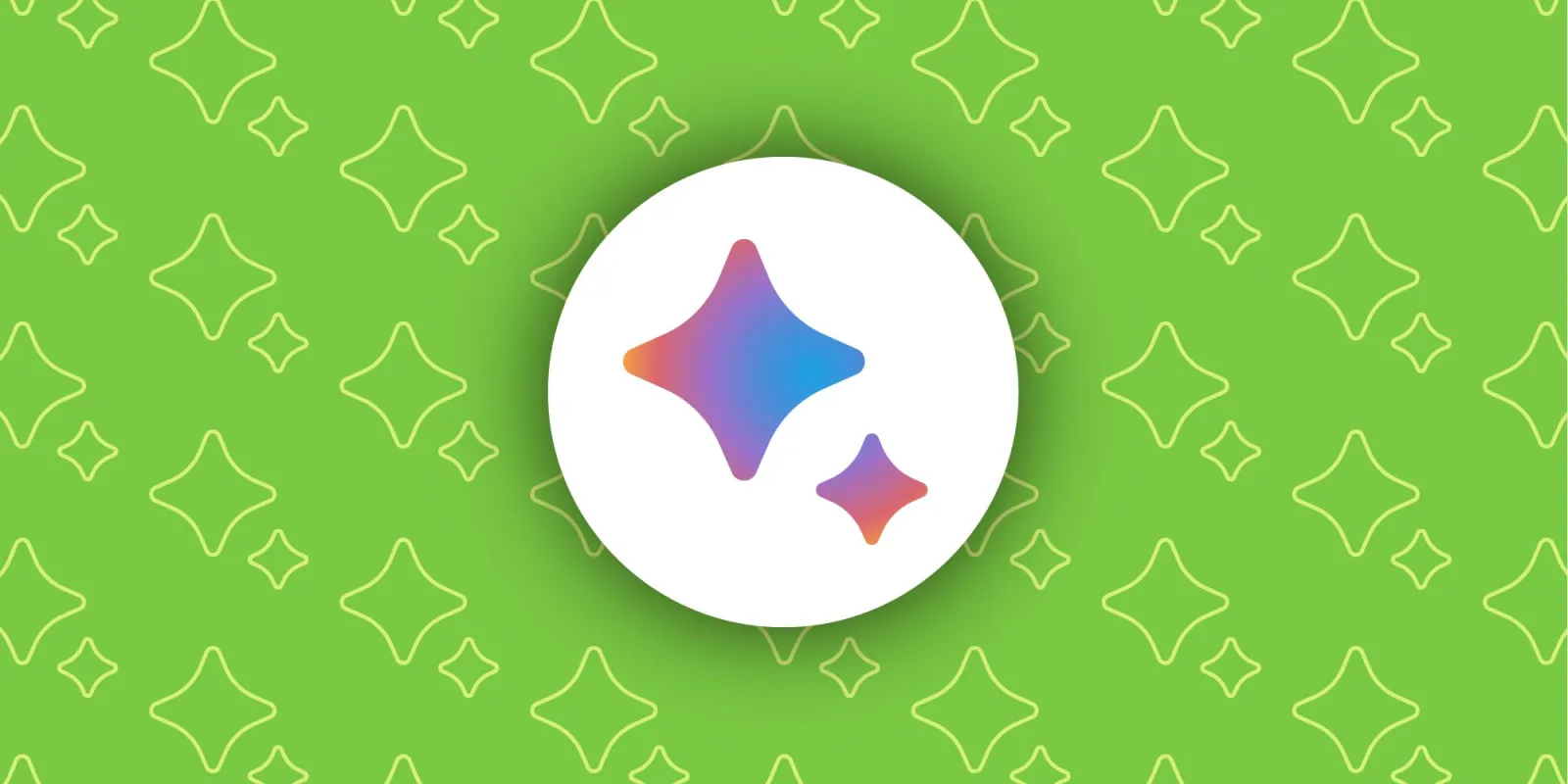
To date, Bard has used LaMDA (Language Model for Dialogue Applications), which is focused on conversational dialogue, and Google is now incorporating PaLM (Pathways Language Model) for improved math and logic capabilities, with “coding coming soon.”
In 2022, Google said PaLM is able to do: “Question Answering, Semantic Parsing, Proverbs, Arithmetic, Code Completion, General Knowledge, Reading Comprehension, Summarization, Logical Inference Chains, Common-Sense Reasoning, Pattern Recognition, Translation, Dialogue, Joke Explanations, Physics QA, and Language Understanding.”
This is because it’s powered by a next-gen AI architecture called Pathways that can “train a single model to do thousands or millions of things” compared to the current individualized approach.
Here are some of the examples Google shared last year of PaLM in action:
PaLM coding examples from 2022:
As a result, Google says Bard will “better understand and respond to your prompts for multistep word and math problems.” Previously, the Google chatbot would return random answers because it was not really trying to solve your query.
Meanwhile, as Google updates Bard’s models in the background, there are no user-facing indicators (e.g., version numbers) of that.
When Bard launched, people were quick to point out how it did not have the same coding capability as ChatGPT. Google says today that coding is coming soon, with the company rumored to be adding generative AI to Android Studio for app development in the near future.
In an interview with the New York Times released today, CEO Sundar Pichai said Google “clearly [has] more capable models” and that it purposely chose a “lightweight and efficient version of LaMDA” to get started and to see what type of queries Bard would get.
And to me, it was important to not put a more capable model before we can fully make sure we can handle it well. We are all in very, very early stages. We will have even more capable models to plug in over time. But I don’t want it to be just who’s there first, but getting it right is very important to us.
The company was trying to focus on “creative collaborative queries,” but people immediately began comparing it to what was available on the market.
FTC: We use income earning auto affiliate links. More.
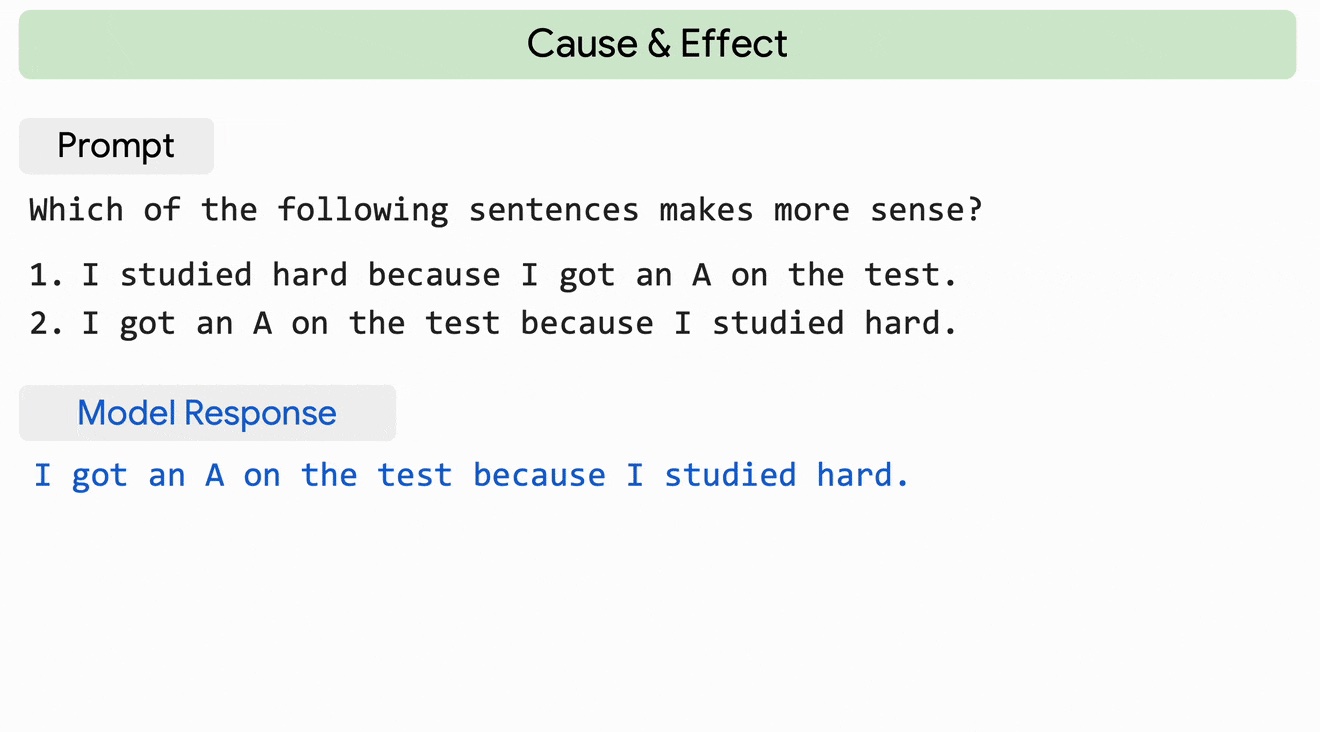
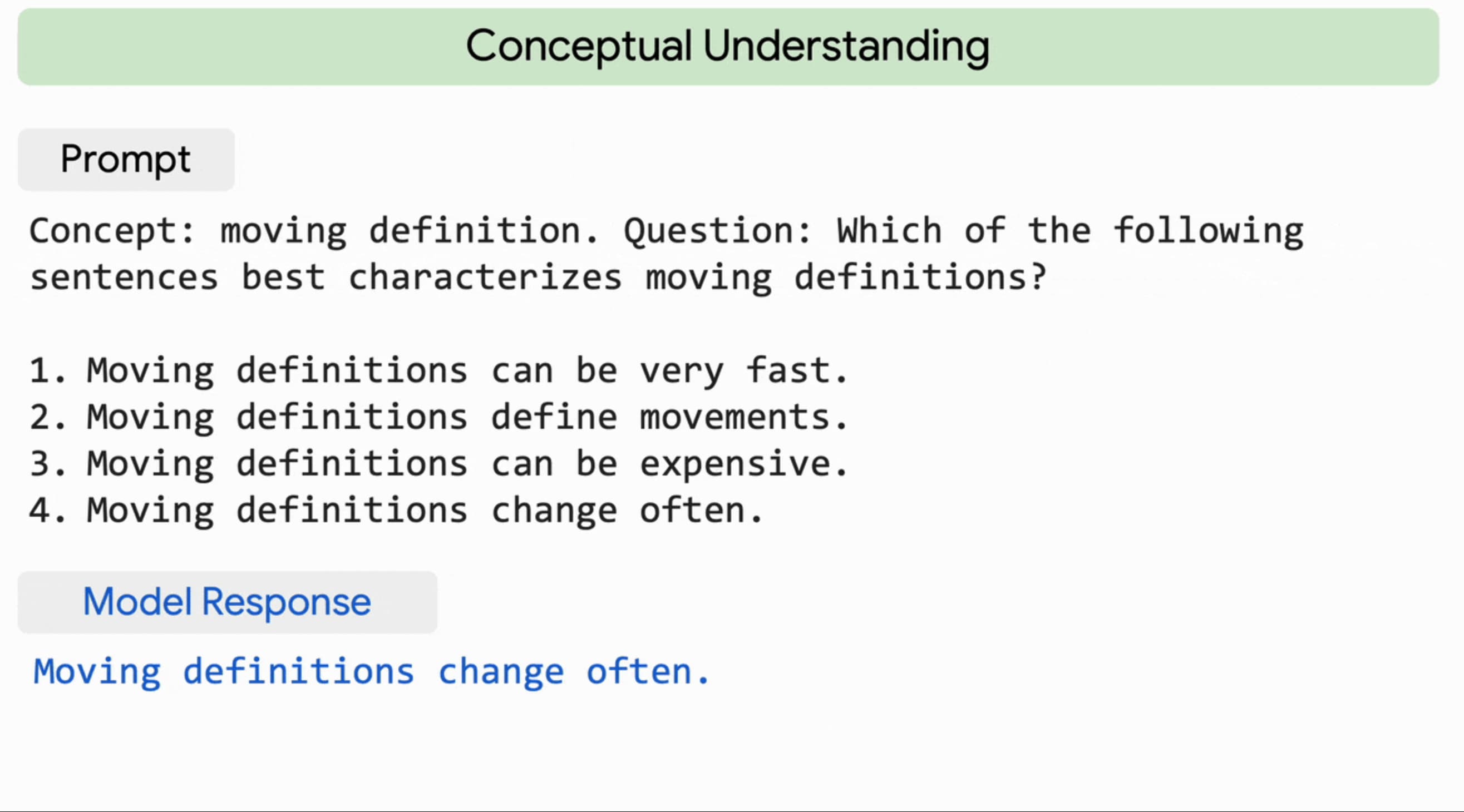
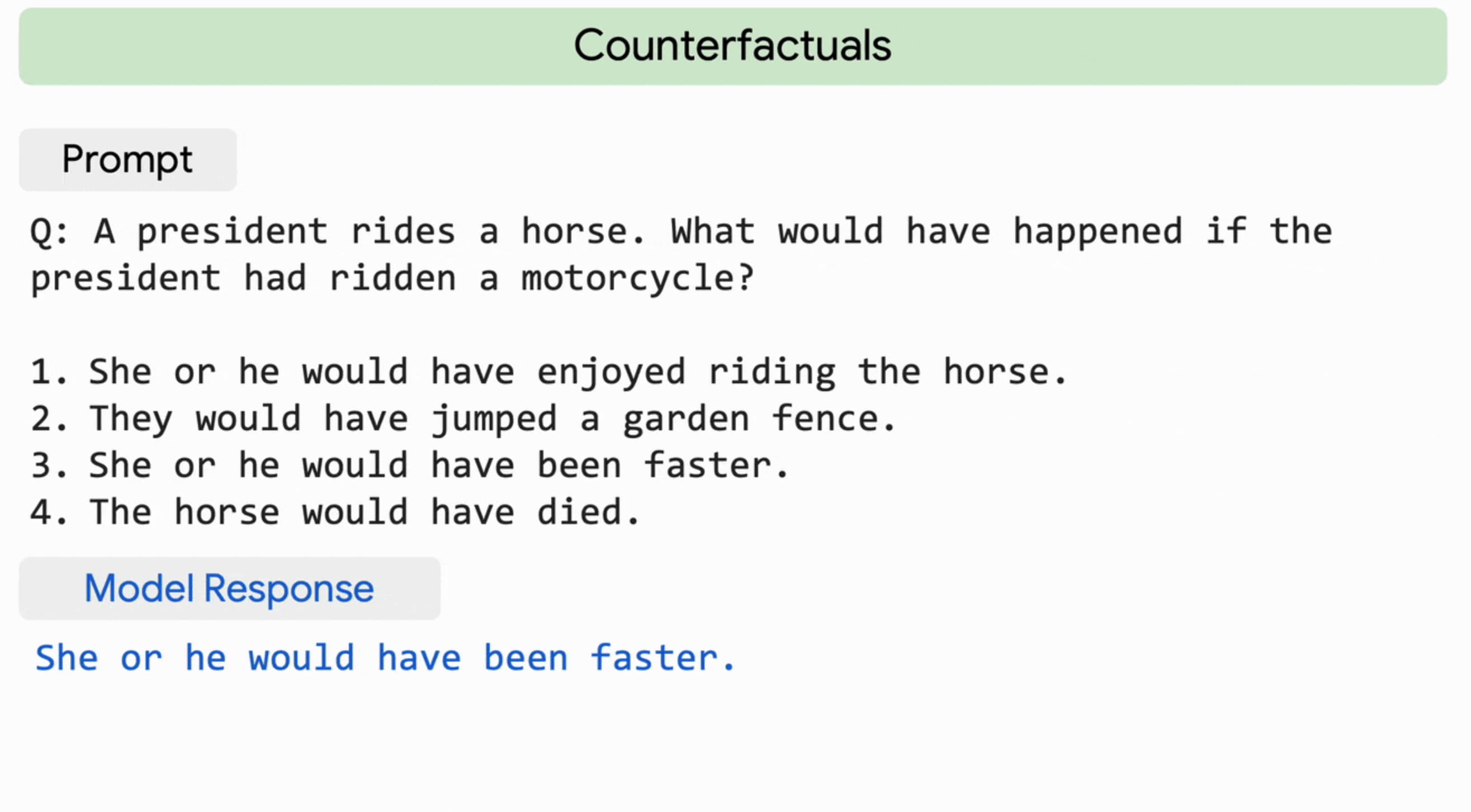
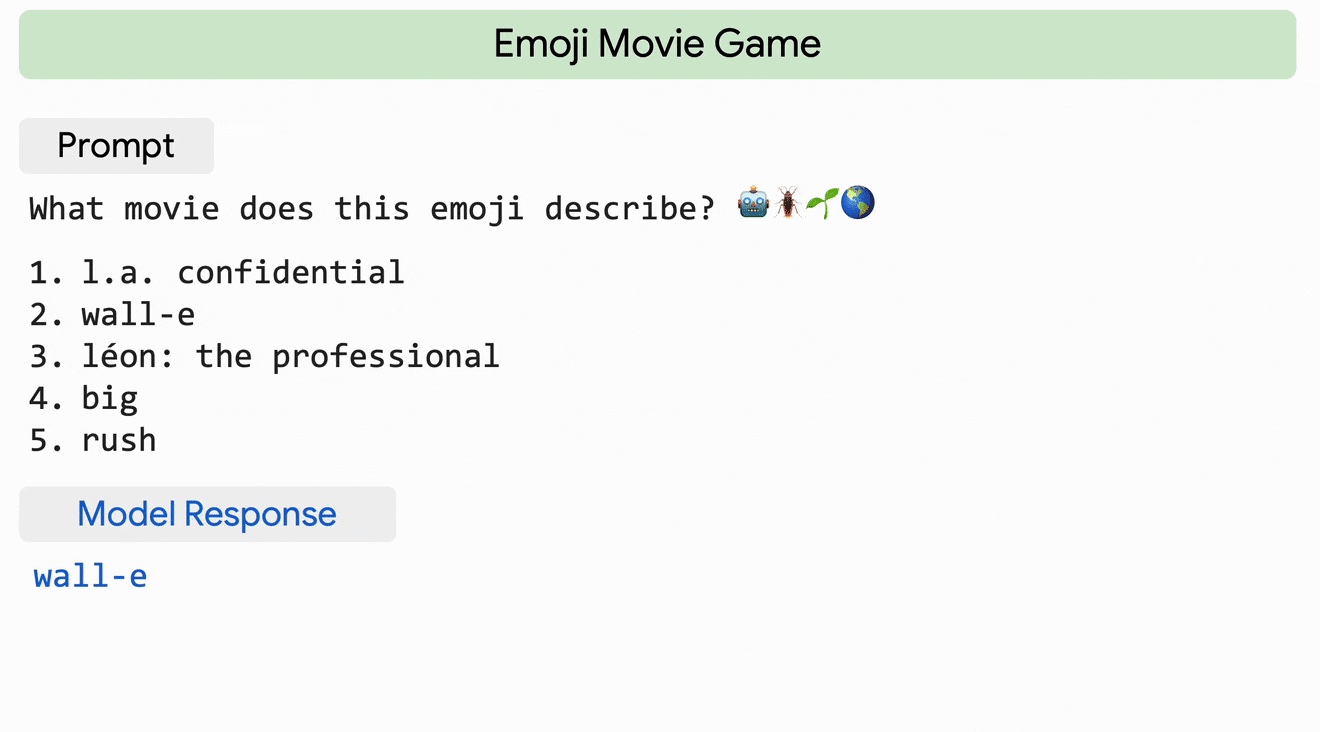
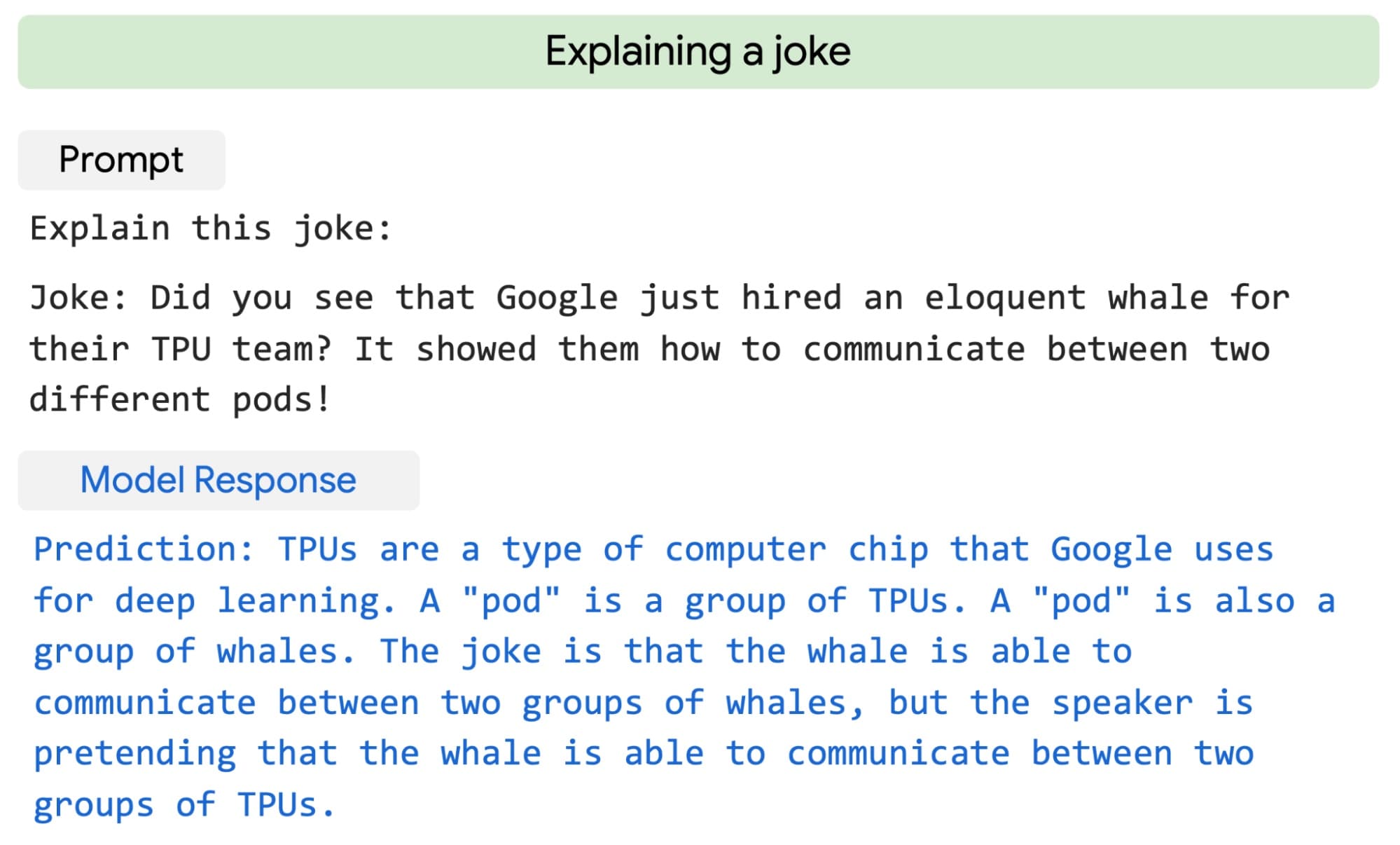
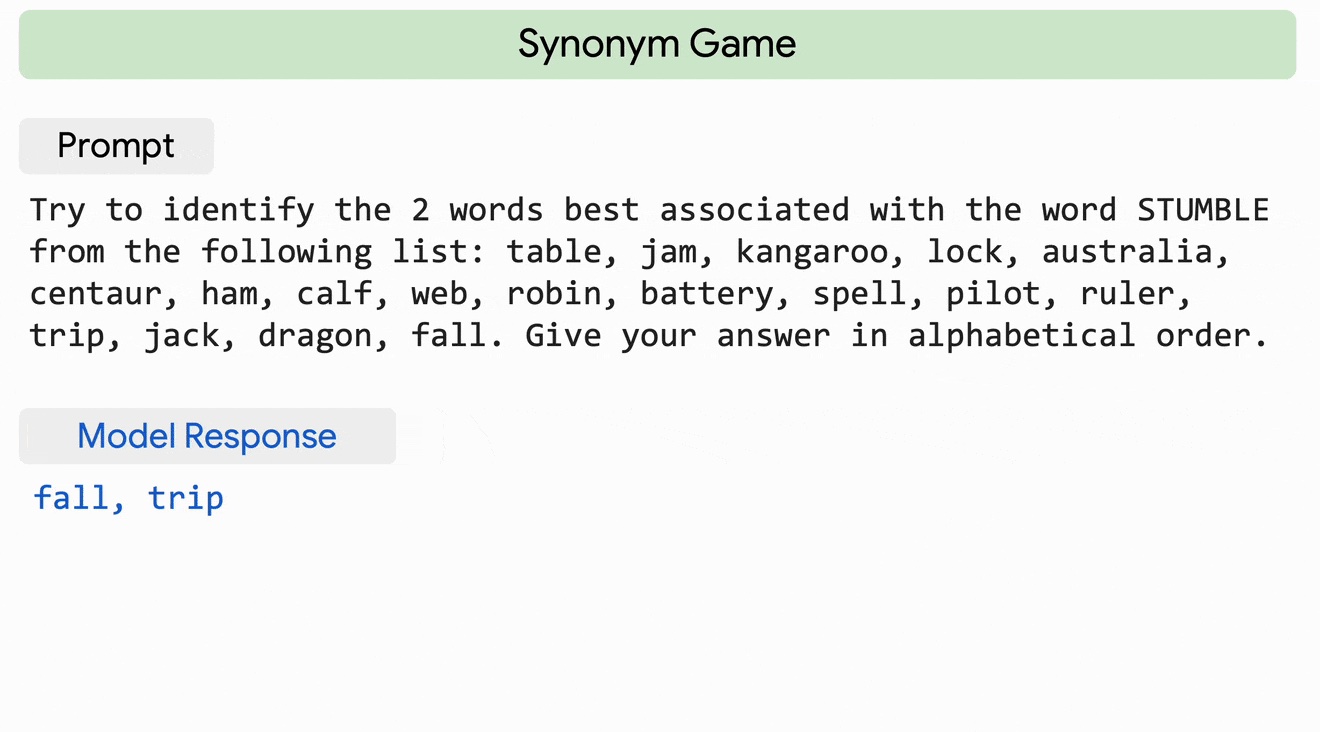
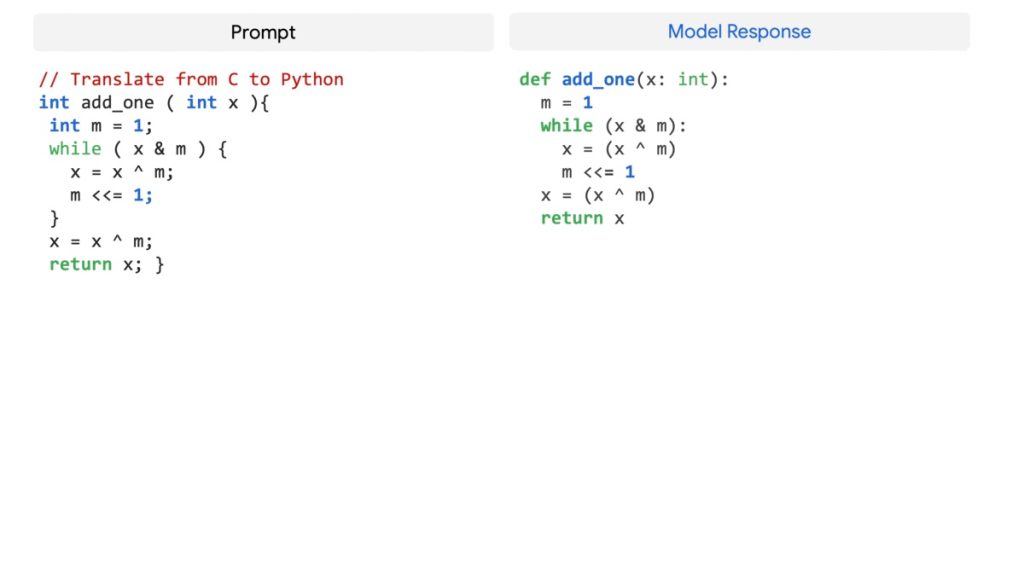
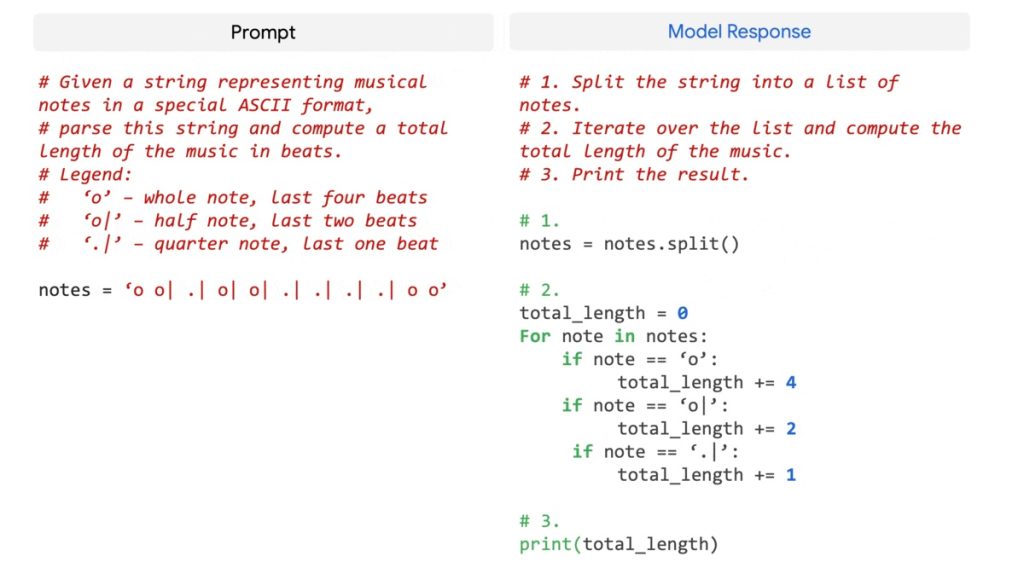
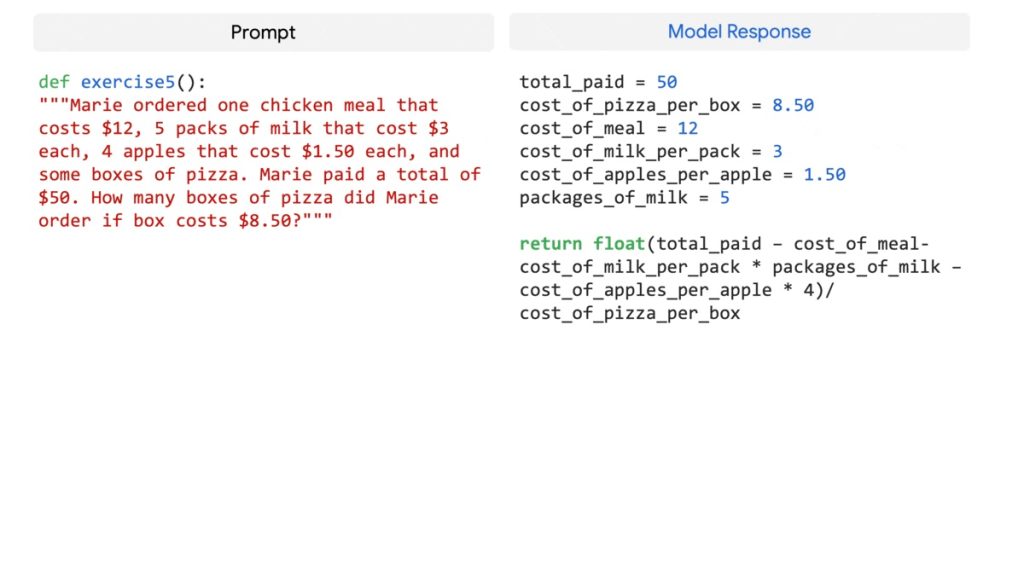




Comments